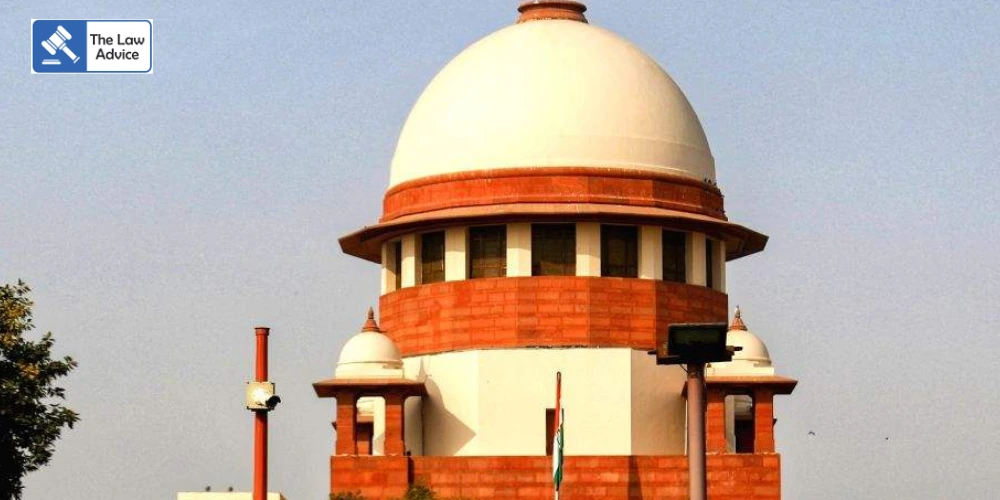The Supreme Court has clarified that an employee’s past record of misconduct may be taken into account to reinforce a disciplinary authority’s decision to dismiss, even if such misconduct is not specifically mentioned in the show cause notice.
A bench comprising Justices J.K. Maheshwari and Vijay Bishnoi set aside the Punjab & Haryana High Court’s order that had reinstated an ex-constable of the Punjab Armed Forces, ruling that the High Court erred in holding that reliance on past indiscipline amounted to a violation of the principles of natural justice.
The respondent, Satpal Singh, was appointed as a constable in 1989 and later transferred to the Punjab Commando Force. His service tenure was marred by repeated unauthorized absences, aggregating over 300 days in a span of about 7 years. These included long periods such as 68 days, 180 days, and 20 days of absence without leave.
The final incident occurred in 1994, when he overstayed leave and remained absent for 37 days, despite being sanctioned just one day. Following a departmental enquiry, he was found guilty of misconduct, and the disciplinary authority ordered his dismissal from service.
In its order, the authority cited both the immediate 37-day unauthorized absence and his history of indiscipline.
The dismissed constable challenged his termination, contending that his past misconduct could not have been relied upon since it was not part of the show cause notice. He argued that such reliance was contrary to the principles of natural justice.
The Punjab & Haryana High Court accepted this plea, ruling in his favor and directing his reinstatement.
Disagreeing with the High Court, the Supreme Court emphasized that while past misconduct may not form the “effective reason” for dismissal, it can legitimately be considered to add weight to the disciplinary authority’s decision.
Justice Bishnoi, authoring the judgment, observed:
“The consideration of the past misconduct of the respondent was not the effective reason for dismissing him from the service. The disciplinary authority had mentioned the past misconduct of the respondent only for adding the weight to the decision of imposing the punishment.”
The Court further noted that the respondent’s repeated unauthorized absence within a short tenure reflected gross indiscipline, undermining the integrity of the armed force.
“In the present case, the absence of the respondent from the duty on various occasions in a short tenure of service of around 7 years, is a gross indiscipline on the part of the respondent and therefore, we do not find any illegality in the order passed by the disciplinary authority whereby the services of the respondent have been dismissed.”
The bench concluded that the dismissal was based on the gravest act of misconduct, after compliance with prescribed procedures and due observance of natural justice.
Accordingly, the Supreme Court:
• Allowed the appeal filed by the State of Punjab.
• Set aside the Punjab & Haryana High Court’s reinstatement order.
• Dismissed the suit filed by the respondent-constable.
Cause Title: State of Punjab and Others v. Ex. C. Satpal Singh
Bench: Justices J.K. Maheshwari and Vijay Bishnoi
Decision: Appeal allowed, High Court judgment set aside, dismissal upheld.
